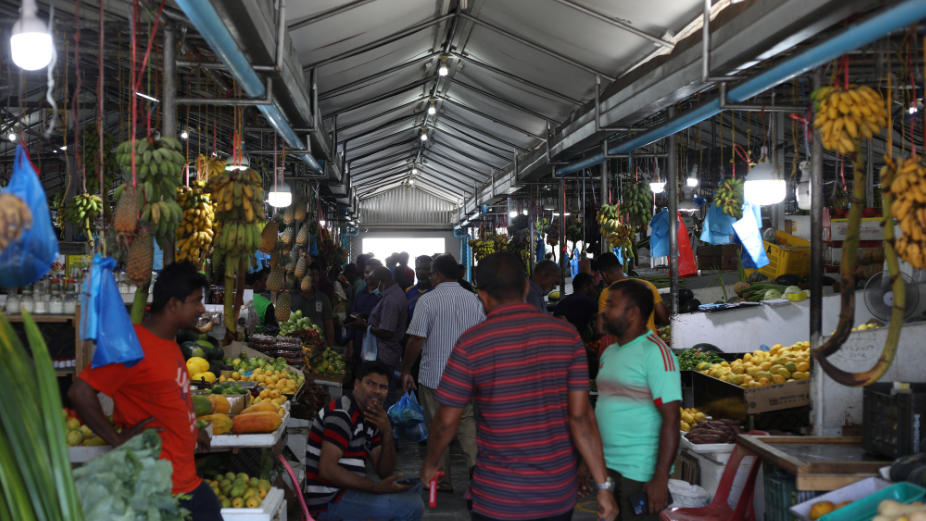Fitch Ratings, among the world’s largest credit rating agencies, has decided to keep its rating at ‘B-minus’ for Maldives for the current year.
Before the COVID-19 pandemic, Fitch had assigned the Maldives a ‘B+’ rating. However, in 2021, due to the impact of COVID-19, the country’s rating was downgraded to ‘CCC’ and subsequently upgraded to ‘B-minus’ within the same year.
Fitch maintained the ‘B-minus’ rating due to the sustained growth in the Maldives’ manufacturing sector and the continuous expansion of its tourism industry. The agency anticipates the country’s economy to experience a growth rate of 7.2 per cent in the current fiscal year, with expectations of a 6.6 per cent growth rate in the following two years.
Fitch also pointed out that alongside the economic growth, the Maldives is experiencing a significant increase in its debt levels, and there has been a sharp decline in foreign exchange reserves. The vulnerability of the country’s economy was highlighted by the tourism sector, which is susceptible to various external economic shocks, serving as a reflection of this fragility.
Fitch, which has been evaluating the country’s economy since 2000, has indicated that there will be additional difficulties concerning the augmentation of the Maldives’ foreign exchange reserves. This arises due to an increasing necessity for using dollars in the context of imports.
To address this issue, the Maldives Monetary Authority (MMA) secured $100 million from the Reserve Bank of India this year to fortify its reserves. Notably, the country’s reserves have decreased to only 16 per cent of their total value. Currently, the Maldives holds $690 million in funds, with just $150 million available for use.
Fitch has noted that the Maldives will likely encounter increased challenges in securing foreign loans and other financing soon. This is due to the substantial upcoming repayment obligations, including MVR 3.6 billion for foreign loans and MVR 4.6 billion for guaranteed loans in the next year.
Additionally, in 2025, a repayment requirement of MVR 5.6 billion for foreign loans is required. The government is facing its most significant debt repayment in 2026, which amounts to $1 billion, with MVR 13.6 billion attributed to foreign loans alone.
As per Fitch, the Sovereign Development Fund, established for debt repayment, held a total value of MVR 7.3 billion after August. Among this, $30 million was denominated in US dollars.
Fitch anticipates a modest reduction in the budget deficit by 0.3 percent compared to the previous year, declining from 11.6 percent to 11.3 percent. The increase in expenses during the current year, driven by heightened development projects leading up to elections and the ongoing provision of subsidies, has contributed to this situation.



















